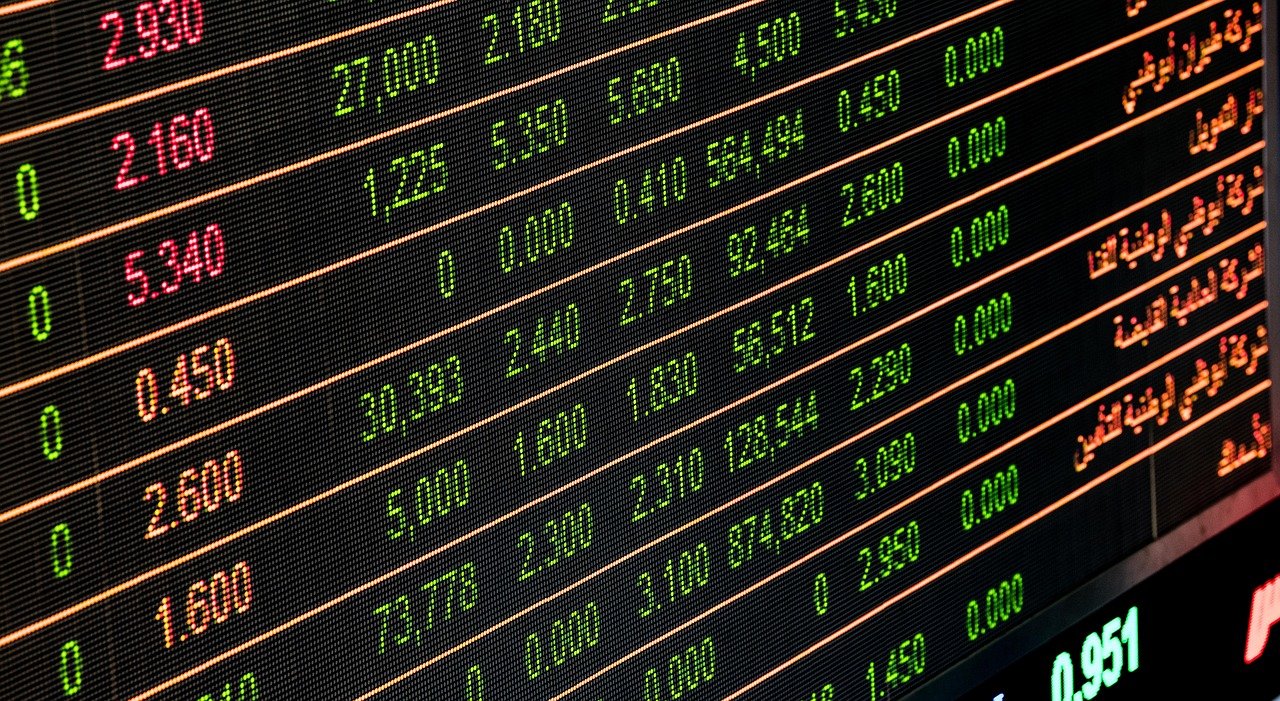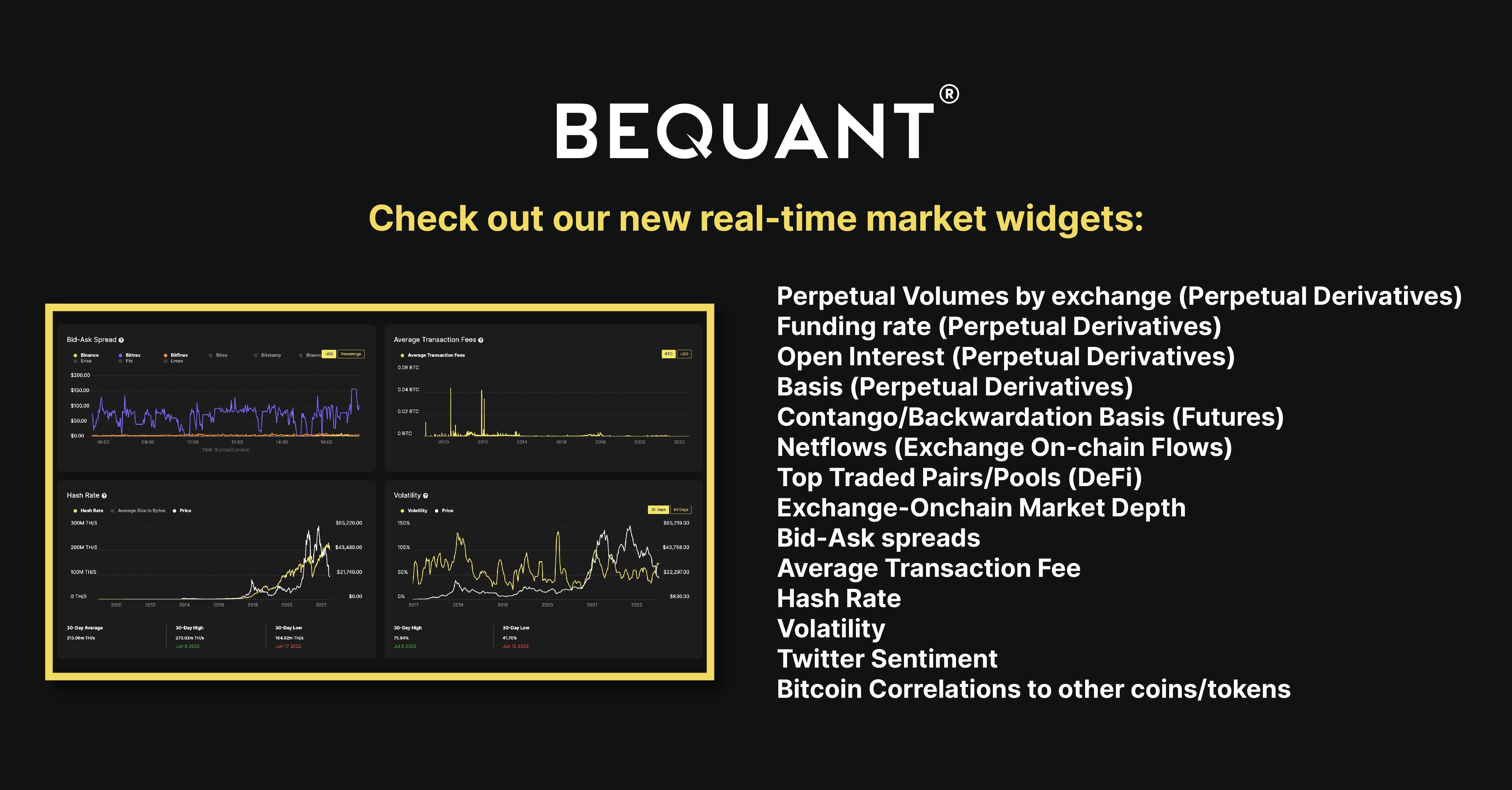RESEARCH

BEQUANT Crypto&Coffee
Given the flurry of activity over the news, which also confirmed earlier rumours that PayPal will begin to support cryptocurrencies, one can be forgiven for overlooking the significance of another development and that is the merger of Voyager and LGO Markets. Now the interesting part is that as part of the merger, the next version of the Voyager token will be minted, which will allow holders of the VGX and LGO token holders to swap into the new token. The holder ownership percentages will be commensurate with the existing fully diluted market caps of the tokens. The new token will include decentralized finance features such as community governance, as well as advanced utility including staking with an initial 7% interest. As a reminder, Voyager is a publicly listed on the Canadian Securities Exchange. To add to the twist is the lack of reaction that has been observed in the value of VGX and LGO, granted VGX is trading higher since the release. Question is, why hasn’t there been a more pronounced reaction to what is seemingly a very positive development, it could be because takeover narratives are not common in digital assets and there is no consensus per se by market participants how to react. In addition to that, lack of underlying valuation tools and benchmarks makes it difficult to gauge potential upside or downside by the related tokens. In any case, the move to swap utility tokens into newly minted tokens opens up the world of opportunities for other projects. JPMorgan's quant Nick Panigirtzoglou writes in his closely followed Flows and Liquidity that the recent spree of corporate support from Square and MicroStrategy, together with PayPal news, "is another big step toward corporate support for bitcoin, which in our opinion would facilitate and enhance over time Millennials’ usage of bitcoin as an “alternative” currency." Echoing what analysts at JPMorgan noted last December, "the older cohorts prefer gold, while the younger cohorts prefer bitcoin as an “alternative” currency. Both gold and bitcoin ETFs have been experiencing strong inflows this year, as both cohorts see the case for an “alternative” currency." Furthermore, the simultaneous buying of US equities and Bitcoin by Millennials has increased the correlation between bitcoin and S&P500 since March, so it is more appropriate to characterise bitcoin as a “risk” asset rather than “safe” asset also, given its still very high 50%-60% volatility. Gold’s correlation with the S&P500 has been predominantly positive this year and its volatility at 20% is more similar to that of equities than currencies or bonds. In other words, according to JPM, both bitcoin and gold could be increasingly characterized as “risk” rather than “safe” assets based on their behavior this year and (mostly young) investors’ preference for them is likely more of a reflection of a need for an “alternative” currency rather than a need for a “safe” asset or “hedge”. JPM strategist predicts, bitcoin could compete more intensely with gold as an “alternative” currency over the coming years given that millennials will become over time a more important component of investors universe. This means that mechanically "the market cap of bitcoin would have to rise 10 times from here to match the total private sector investment to gold via ETFs or bars and coins". Back to PayPal development and while Bitcoin and other assets may gain on growing positive sentiment, but the real winners will likely be the proponents of tokenized assets, including the fast-growing market for NFTs which are expected to undergo an exponential growth phase as platforms seek to extract capital value using Decentralised Finance (DeFi) platforms. Its relevance to the current correlation to S&P 500 is such that if network effects rise from activity related to various payment gateways, then, by default, the price action and, subsequently, valuation of the said assets, will be less impacted by swings in the S&P 500. Thereby Bitcoin and the rest of the digital assets may actually regain some of the non-correlation appeal that Bitcoin was once known for.
In other news, the Ethereum 2.0 deposit contract is a few weeks away at least, according to Ethereum Foundation researcher Danny Ryan. Speaking Thursday on the Bankless podcast, Ryan said the deposit contract won’t go live until it receives a thumbs up on an audit of a critical crypto library, BLST, performed by cryptography audit firm NCC Group. Elsewhere, in the latest episode of Ripple’s Block Stars David Schwartz with the CEO and co-founder of Bitso who stated that through ODL, they are processing close to 10% of all the US to Mexico remittances, which is approximately $3bln per year.



